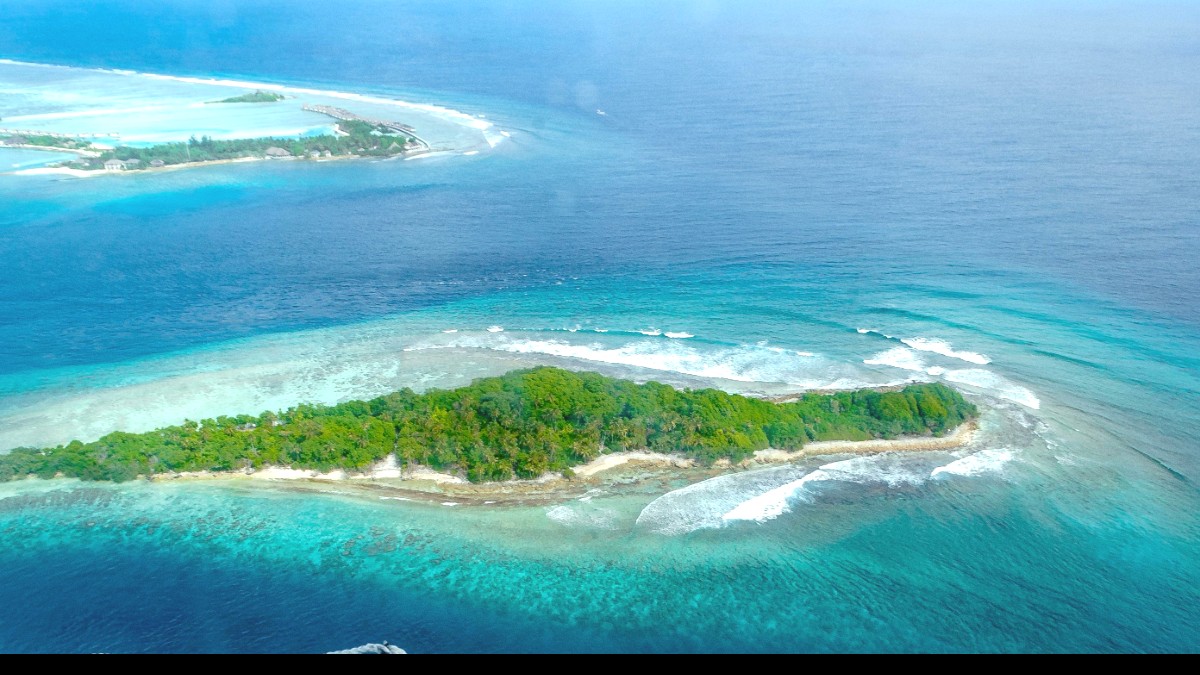
Download maps of Wallis and Futuna on apps like Google Maps or Maps.me before your trip. This aids navigation where internet is limited or absent.
Download French, Wallisian, and Futunan language packs for offline use on Google Translate. This bridges language barriers and assists communication.
Check this website for the latest visa and entry requirements for Wallis and Futuna, as these can change. You can find it at France Diplomacy.
Visit the official website of Aircalin for flight bookings to and from Wallis and Futuna, as it is the main airline serving the territory. You can find it at Aircalin.
Search for "Wallis et Futuna Gouvernement" to find official government portals. While these are mainly in French, they might give information on local services or administrative procedures.
Formal tourist boards for Wallis and Futuna have a limited online presence. Search for local tourism initiatives or cultural groups on Facebook for insights into local events.
Digital content specifically about Wallis and Futuna is limited. Search for documentaries or cultural videos about Polynesian islands for broader context.
Dedicated guidebooks for Wallis and Futuna are rare due to the islands' niche tourism. General guidebooks on the South Pacific might a small section on the territory. Basic maps are generally available locally in Mata-Utu, or you can find them online and print them before your trip.
Look for academic or historical texts focusing on Polynesian history, French colonial history in the Pacific, or specific studies on Wallis and Futuna.
Wallis et Futuna 1ère is the local news, radio, and TV service. You might find local newsletters or publications that give insights into daily life and events.
Island travel can present unexpected situations. Embrace flexibility.
Cultural sensitivity enhances every interaction with locals.
Cherish the unique tranquility and genuine hospitality found here.
Always keep your important documents secure and inform your family of your itinerary.
Take off your shoes before entering homes or traditional buildings as a sign of respect.
Dress modestly, especially when visiting villages, churches, or sacred sites.
Always ask for permission before photographing people to respect their privacy.
Family and community are central to island life and social interactions.
A quiet and respectful demeanor is valued in public spaces.
Observe local gatherings and events respectfully without intrusion.
Taxis serve as the main means for longer distances on the islands.
Short distances might be walked. Be aware of road conditions.
Locals sometimes offer rides. Use your discretion and judgment.
Thorough planning and cultural awareness contribute to a rewarding journey.